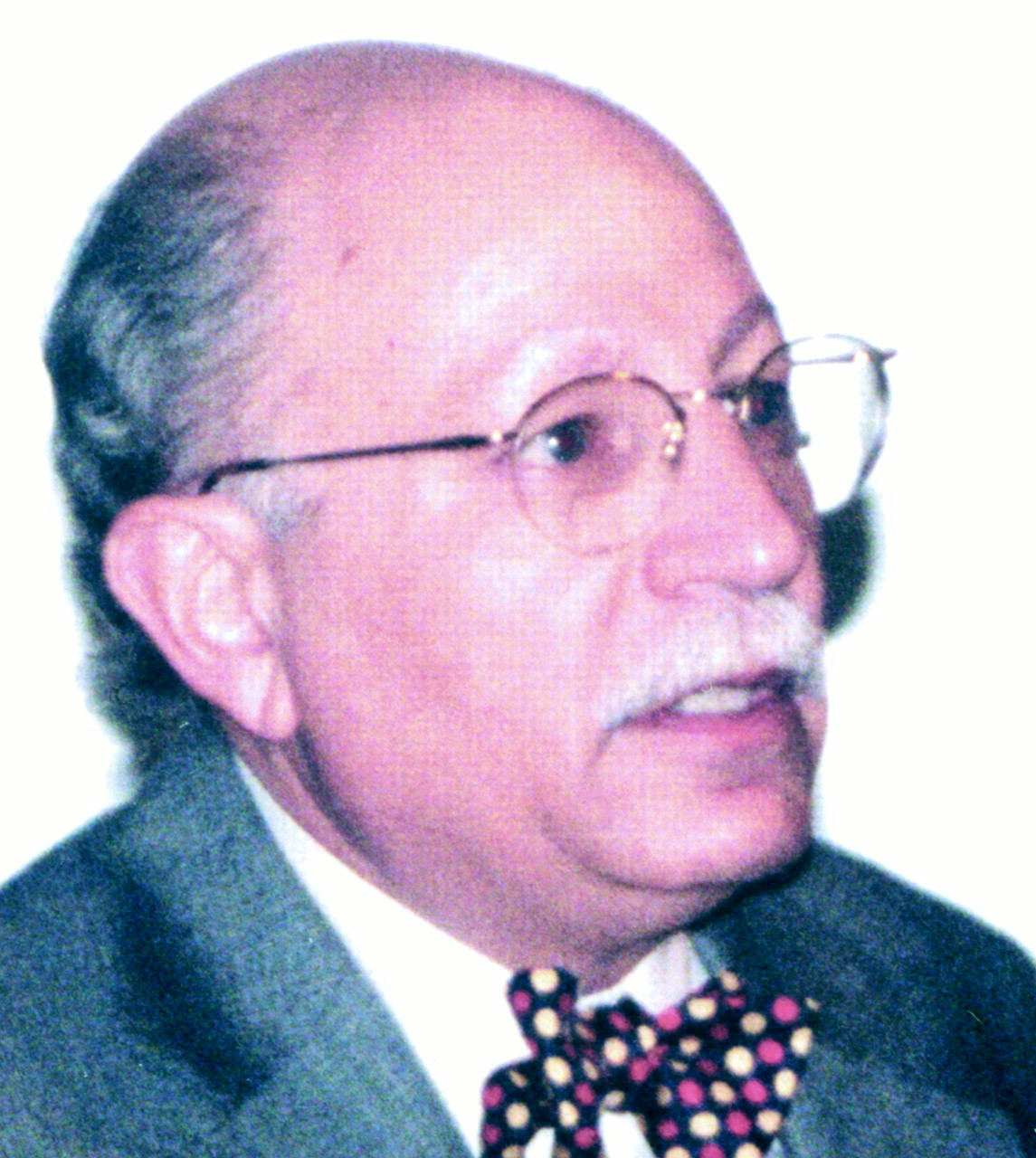Businesses Benefit From Psychoanalysts’ Expertise
Conflict in the workplace is nothing new, but using psychoanalysts to help resolve organizational issues is a unique approach some organizations are taking.

Since then, the group has helped numerous types of organizations including law firms, family businesses, and securities trading firms resolve interpersonal and management issues.
Gordon specializes in helping family businesses sort out psychological issues. “A common scenario in family businesses is that I am called to ‘fix’ one member who has been diagnosed by the others as the problem. This may be a son who is anxious to inherit the family business but is in constant conflict with the father,” Gordon said.
Gordon, who sees patients in private practice and serves on the faculties of Northwestern University and the Institute for Psychoanalysis in Chicago, recognizes latent agendas and resistance in family members when he tells them the situation is more complex than fixing one person.
“My analytic training especially in the use of transference and countertransference helps me uncover their underlying motivations,” said Gordon.
In the case of the entrepreneurial father and ambitious son, he helped the father set limits with the son instead of being vague with him to avoid a confrontation.
“As the son reacted with a negative transference toward me, his anger was diverted from the father, who then responded to him more objectively,” said Gordon. “I also helped the father come to terms with his son’s limitations. He decided to sell the family business instead.”
Boundary Issues
Because unclear boundaries in the workplace often exist related to tasks, goals, and authority, Gordon has found the work of
He also suggested reading the work of
“It is not uncommon to see boundary problems arise when a company grows rapidly from two to several employees in the span of a few years. A typical example is an employee who becomes a supervisor who micromanages the person in his or her previous position.”
When Gordon was a consultant to a securities trading firm, he learned that the partners were traders before the company grew and couldn’t refrain from their accustomed hands-on approach. “Although they intended to give the traders more autonomy, they didn’t want them to make mistakes, so they micromanaged them,” said Gordon.
The boundary was unclear between who was managing and who was trading. The partners also thought they were empowering the traders by giving them additional research responsibilities, said Gordon.
“However, the traders felt the partners were overburdening them and resented being given duties they felt a file clerk could do,” said Gordon.
His treatment by the trading partners gave him insight into the traders’ experience. “I was often ignored by the partners and felt devalued and anxious. I was also unclear about what I was doing.”
He went on to help the partners clarify what their roles were and understand the psychological importance of maintaining clear boundaries in the rest of the organization.
Other Consulting Issues
Paying attention to the relationship with the consultee is also important, said Gordon. “Does the individual remain aloof from the consultation or become overly dependent? Is the consultee so enmeshed in the life of the organization that he or she always defends the system and is unable to accept change?”
Occasionally a consultee begins to use the consultant as a therapist. Gordon recommended against assuming that role or giving advice on complex business details without sufficient training.
Gordon recommended using a written contract for consulting to large organizations. “I have found that a handshake works well with a small family business because I know the person in charge. In a large organization, the person who hires me as the consultant may not be the person who pays me,” said Gordon.
Other benefits of using a written contract are that it allows the consultant to spell out the steps of the consultation process, a schedule for completing the consultation, and fee payment and to indicate whether a report will be done.
Gordon recommends that when the client is a large organization, the consultant should do an initial assessment of the problem before designing the contract and then evaluate the process at the end of the consultation, advised Gordon.
In spite of the resistances he often encounters, Gordon likes the work. “Each organization is different, which keeps it interesting. Having worked as a community psychiatrist, I like being out of the office and feel that I am changing an entire system, which is a nice contrast to my individual long-term analytic work,” he said. ▪



